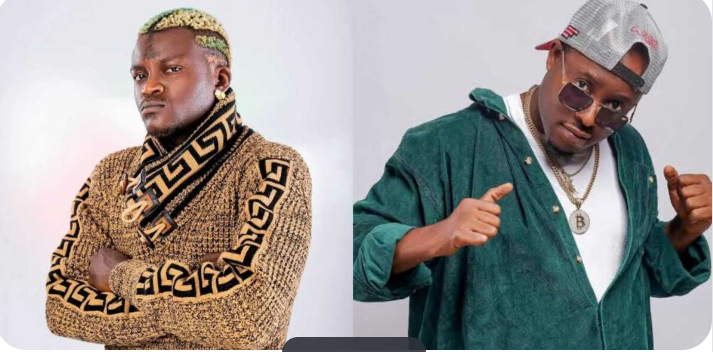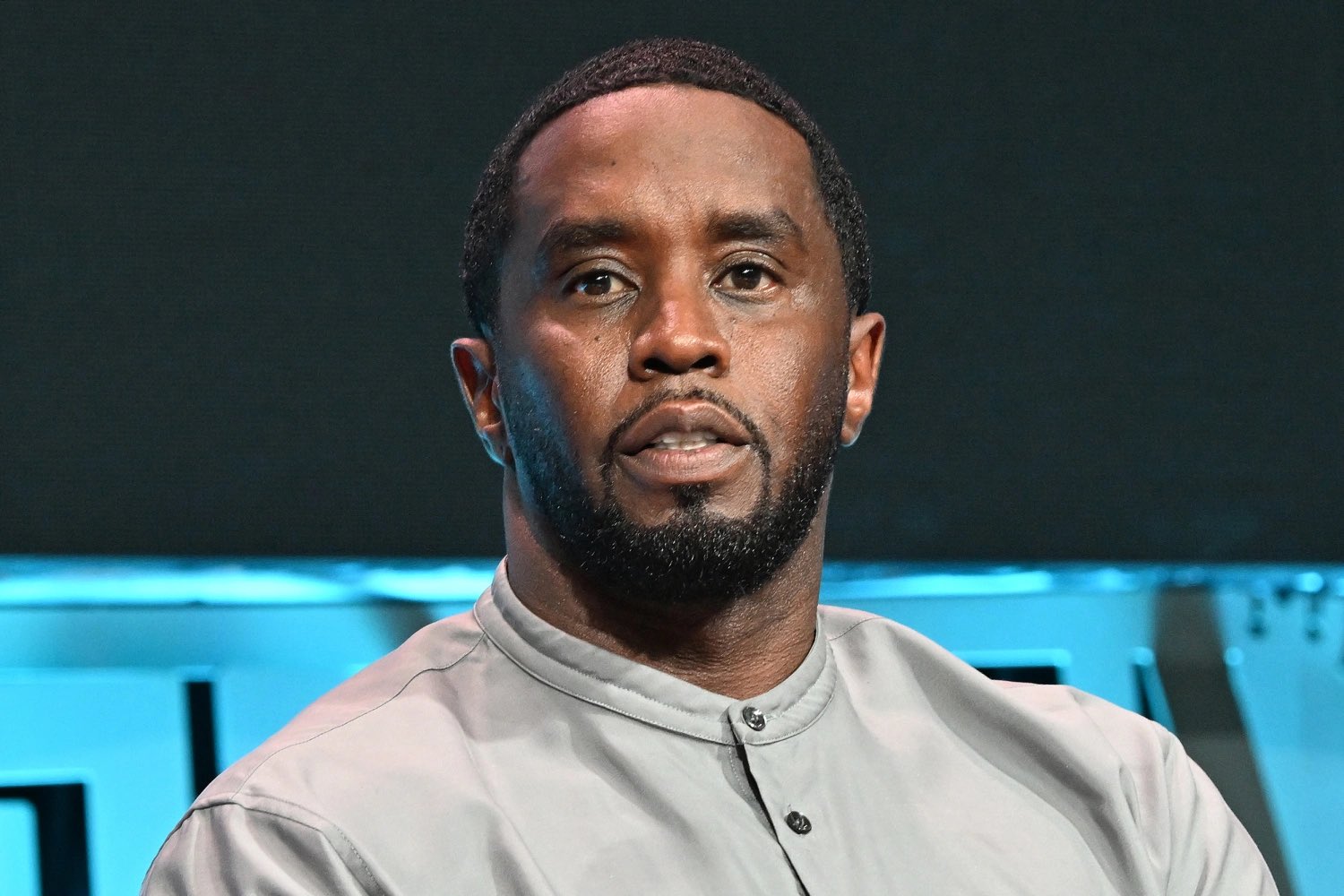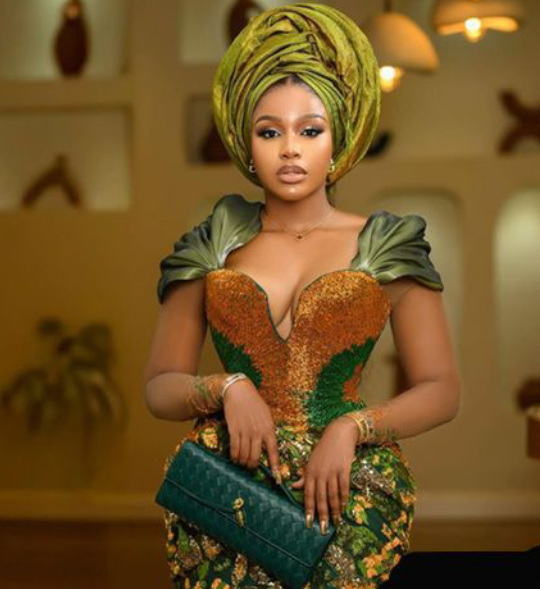
“I Need ₦50M to Campaign for Tinubu” — Portable Stirs Outrage in Leaked Call with Lege Miami
In yet another internet-shaking moment, controversial Nigerian singer Habeeb Okikiola, popularly known as Portable, has demanded a staggering ₦50 million from actor and media personality Lege Miami to promote President Bola Ahmed Tinubu’s re-election campaign for 2027. A leaked video of a phone call between the two entertainers has taken
In yet another internet-shaking moment, controversial Nigerian singer Habeeb Okikiola, popularly known as Portable, has demanded a staggering ₦50 million from actor and media personality Lege Miami to promote President Bola Ahmed Tinubu’s re-election campaign for 2027. A leaked video of a phone call between the two entertainers has taken social media by storm, igniting a firestorm of criticism, satire, and political commentary across the country.
The saga unfolded after Lege Miami, known for his boisterous energy and unapologetic political stance, posted a video of himself campaigning for President Tinubu. In the clip, he boldly stated that he wasn’t paid a dime for his support of the incumbent president. But before the dust could settle on that revelation, Portable released his own bombshell—an alleged call with Lege Miami in which he could be clearly heard negotiating a ₦50 million fee to join the campaign trail for the 2027 elections.
“I dey do this thing for money o, no be by free mouth,” Portable said on the call, his unmistakable voice and street lingo carrying a blend of satire and audacity. “If una wan make I support Baba again, make una drop ₦50 million sharp.”
While some viewed the statement as characteristic of Portable’s usual attention-grabbing antics, others took it as a sharp indictment of how entertainers and influencers are often paid large sums to sway public opinion under the guise of patriotism. The notion that one could openly demand millions to promote a political candidate—especially one as polarizing as President Tinubu—has sparked fresh outrage, particularly as Nigeria continues to battle economic woes, youth unemployment, and growing distrust in its leadership.
What started as a routine political endorsement by Lege Miami has now evolved into a social media firestorm, with hashtags like #Portable₦50Million and #VoteWithSense trending on X (formerly Twitter). While Lege Miami has yet to issue an official response to the leaked conversation, the internet has wasted no time in dissecting every second of the exchange. Many users have criticized both Portable for his audacity and Lege for what they perceive as a hypocritical claim of unpaid loyalty.
Social media user @YKOluseun9 didn\'t mince words: “And e ready do am, e no get shame.” Others chimed in with even more direct commentary. @tobyasky tweeted, “I hope we get to a point where your workings will earn you a reelection.” Meanwhile, @wiztohfem added fuel to the fire: “One of the reasons why this country can never get better.”
While some netizens condemned the entire interaction as shameless and transactional, a few offered a contrarian view. @itsuloma posted, “At least he is collecting money while he’s doing it,” subtly referencing the more covert operations often associated with celebrity endorsements. Another comment by @ToheebAlim went viral for its sharp caution to the Nigerian electorate: “If you like, follow influencer, they will collect money, pocket it con still dey play in your intelligence. Let your decision to vote for any candidate be based on fact.”
This isn\'t the first time Portable has courted controversy by mixing politics with pop culture. His brief stint with the APC during the 2023 elections raised eyebrows after he claimed to have been approached by political figures to sing their praises. And now, barely two years into Tinubu’s presidency, he appears to be positioning himself once again as a political mouthpiece — but this time, with a price tag.
The timing of the leak has also raised suspicion. Some observers believe the audio was released intentionally by Portable himself to pressure political handlers into responding. Others suggest it was an accidental release that reveals just how deeply money and influence run in Nigeria’s celebrity-political complex.
Political analysts are already weighing in, with many warning that this scandal reflects a deeper problem in Nigerian democracy—one where celebrity endorsements are increasingly replacing grassroots mobilization and where money, not merit, often determines visibility in political campaigns.
One senior analyst, who spoke anonymously, remarked, “When influencers begin to demand ₦50 million to post a few videos or appear at rallies, what does that say about the authenticity of the campaign itself? It means we’re selling dreams to the masses while a few get rich behind the scenes.”
And while many continue to joke about the audacity of the demand — with memes already surfacing comparing Portable’s request to an entire state budget — others are pushing for greater accountability. Youth organizations and election watchdogs are calling on the Independent National Electoral Commission (INEC) to enforce stricter guidelines around campaign financing and celebrity endorsements ahead of the 2027 elections.
As the controversy rages, President Tinubu’s team has remained silent, perhaps in an effort to distance the administration from Portable’s antics. Whether this move backfires or fades into yet another social media circus remains to be seen. But what is clear is that this incident has reignited crucial conversations about political integrity, youth influence, and the transactional nature of support in Nigerian politics.
Meanwhile, Portable, never one to shy away from public spectacle, appears to be basking in the attention. His Instagram stories are filled with cryptic messages and laughing emojis, and in a recent live video, he declared, “If dem no pay me, I no go shout. Na money be fine bobo.”
As Nigerians grapple with the implications of this viral drama, one thing is certain: the 2027 presidential race is already heating up, and with characters like Portable in the mix, it promises to be a chaotic, meme-filled, and emotionally charged affair. Whether this is good or bad for democracy is a question only time—and perhaps ₦50 million—will answer.
Share this post
Related Posts

Sean “Diddy” Combs Sentenced to 50 Months in Prison, Nigerians React with Shock and Humor
The curtains finally fell on one of the most sensational celebrity trials of the decade...

“I Have No Connection to That Mess” — Actress Uche Montana Clears the Air After Ned Nwoko’s Explosive Allegation
In a social media storm that seems to deepen with every passing day, Nollywood actress...

Shockwaves at the Bernabéu: Xabi Alonso Walks Away from Real Madrid in Stunning Immediate Exit
Real Madrid has been thrown into sudden turmoil following the bombshell announcement that Xabi Alonso...